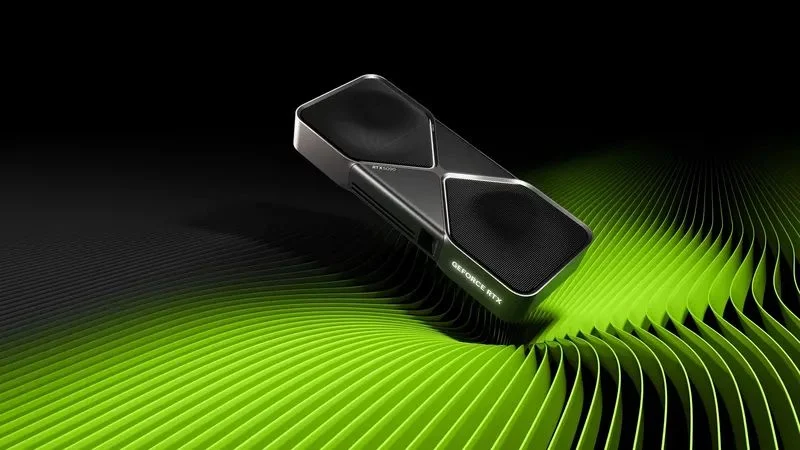Record Benchmark Results from NVIDIA RTX 5090
NVIDIA’s new generation graphics card, the NVIDIA RTX 5090, attracted attention by showing a 36% higher performance compared to its predecessor, the RTX 4090, in the Blender benchmark tests. The RTX 5090D model, which was produced specifically for the Chinese market, was 40% faster than the RTX 4090D. While it is stated that these new GPUs offer a significant leap in graphics processing performance, it is thought that the results were uploaded to the benchmark database by mistake.
NVIDIA RTX 5090 and 5090D Performance
The NVIDIA RTX 5090 achieved a score of 17,822 points in the tests conducted in Blender version 3.6.0. This indicates a 36% performance increase compared to the RTX 4090’s score of 13,064 points. On the other hand, the RTX 5090D model achieved 14,706 points in Blender 4.3.0, offering 40% higher performance than the RTX 4090D. These differences are attributed to the improved architecture and increased number of CUDA cores in NVIDIA’s new-generation graphics cards.
With the increase in performance, the RTX 5090 stands out in graphics processing and rendering processes, while this card is stated to have 33% more CUDA cores. However, it is stated that the 40% increase compared to the previous generations is a more limited increase compared to the RTX 40 series. For example, the RTX 4090 offered approximately twice as fast performance compared to the RTX 3090.
Although NVIDIA provided a performance increase with the RTX 5090, more tests are needed to see the full potential of this new series. In particular, the impact of artificial intelligence-supported technologies on performance is eagerly awaited. While it is estimated that the RTX 5090 will be released in 2025, issues such as pricing and power consumption may create debate among users.
As a result, the success of the NVIDIA RTX 5090 in benchmark tests gives hope for the future of next-generation graphics technologies. However, an official launch and more comprehensive tests are needed to see the real-world performance of these cards.
Read More: AMD’s Secret Weapon UDNA Leaked





